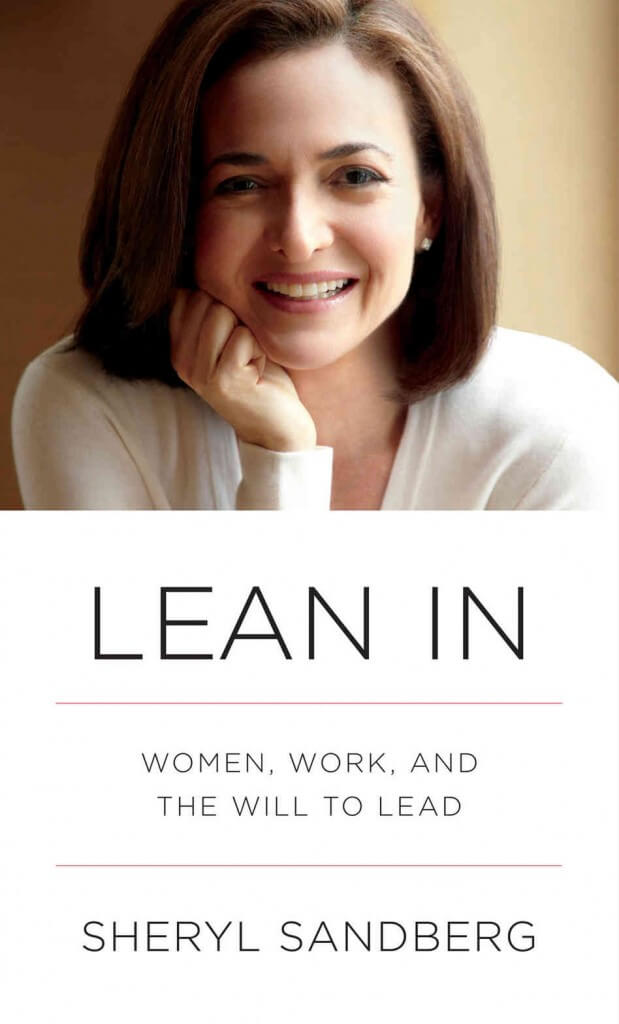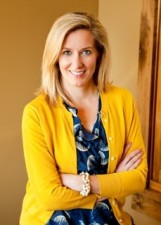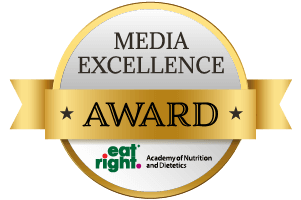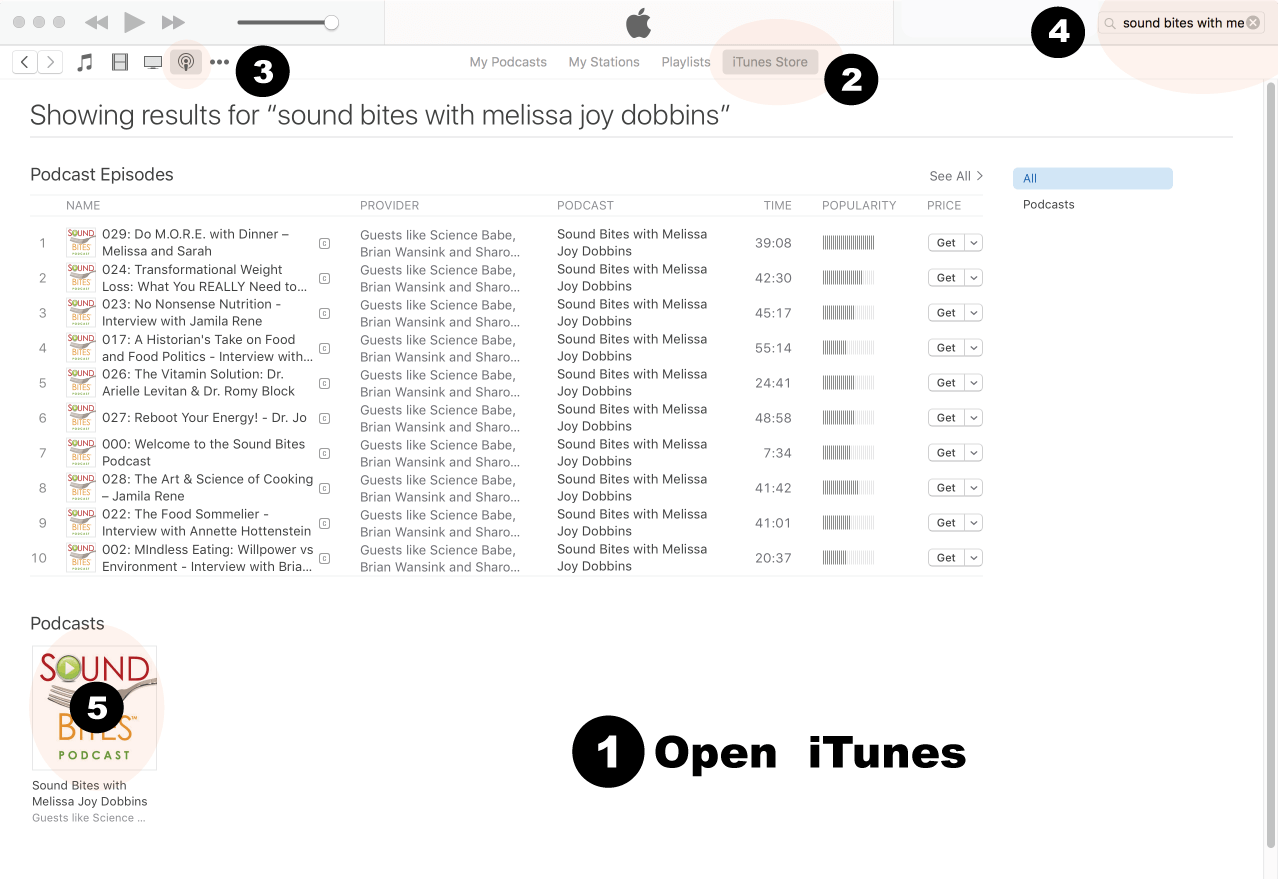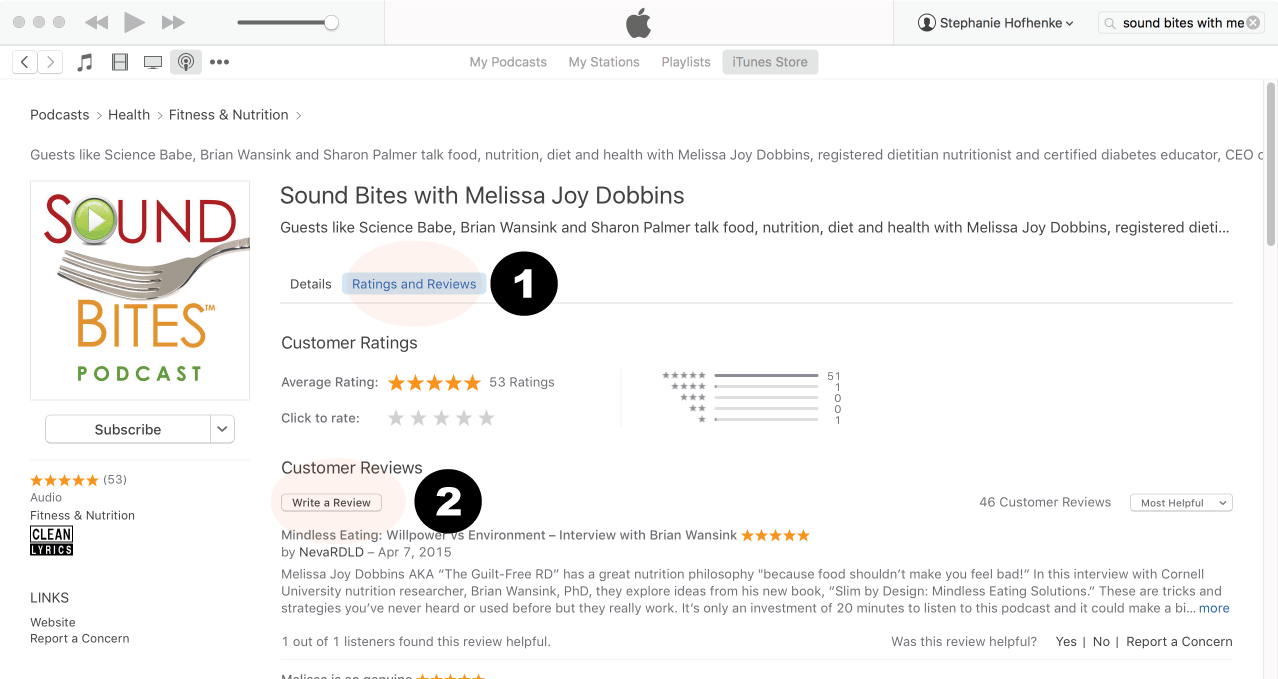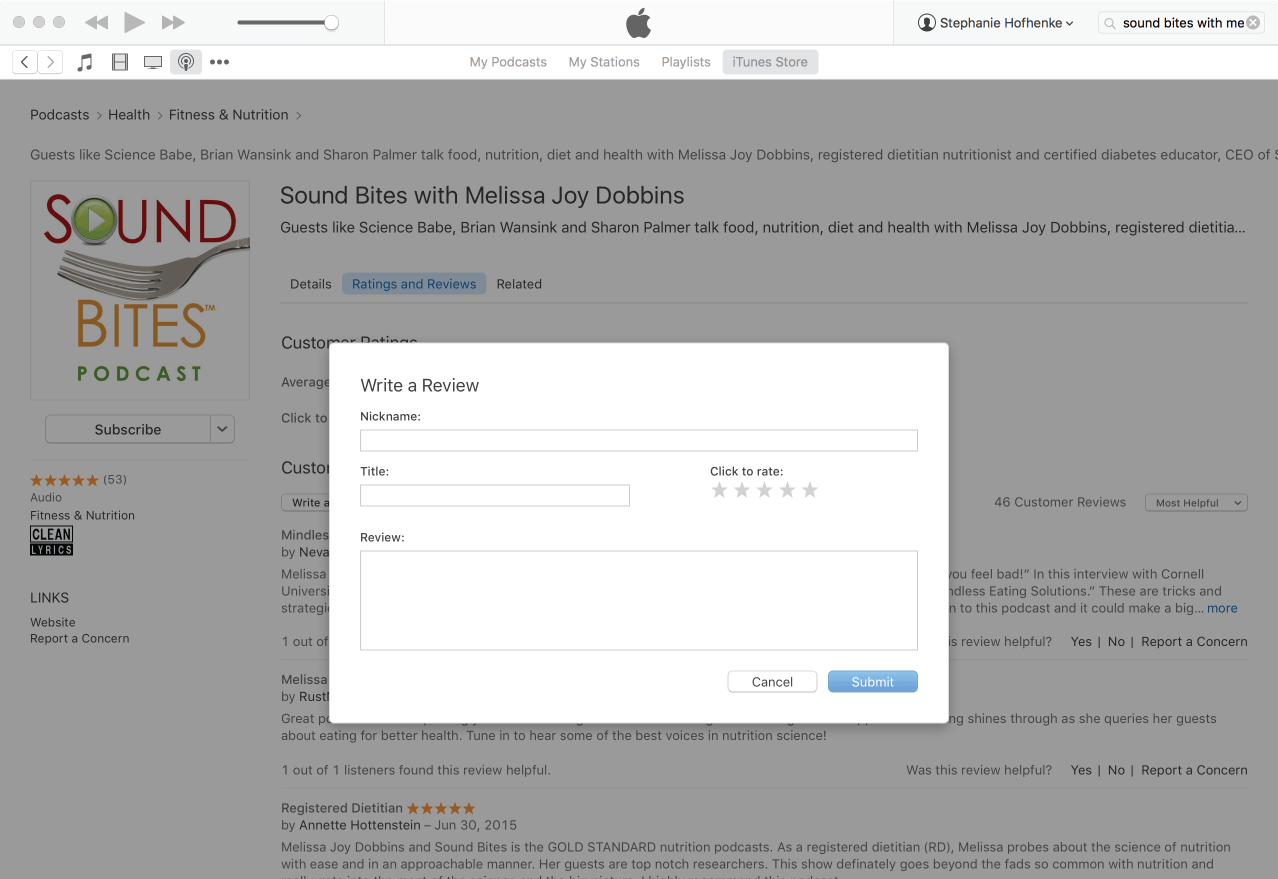Do YOU Lean In? A Book Discussion – Act II of II
Jun 27, 2013
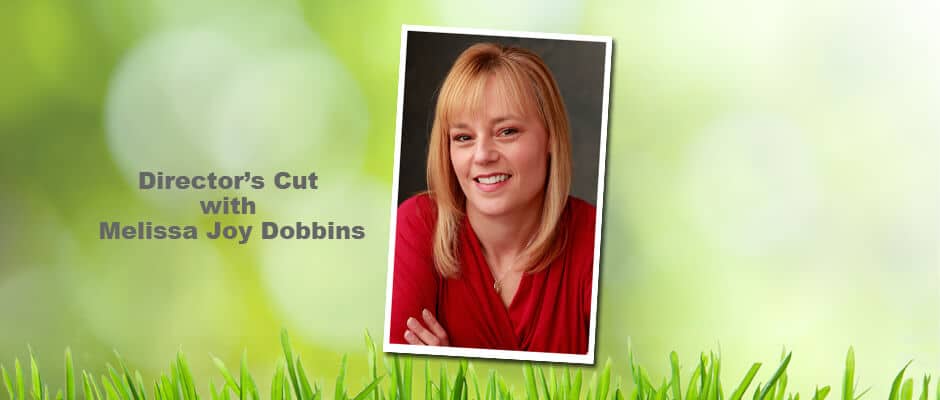
Welcome to the second half of “Do YOU Lean In?” Three more women share their takeaways and thoughts on the subject of women, work and the will to lead, and I share some thoughts on negotiating and career advice. Be sure to check out part one here.
Dr Maree Ferguson RD, MBA, PhD
Maree is the Director of Nutrition and Dietetics, Princess Alexandra Hospital in Brisbane, Australia. She founded Dietitian Connection – The Essential Link for Nutrition Leaders which is designed to be the one stop shop for busy nutrition professionals for evidence based nutrition information, handy resources, exciting job opportunities, upcoming events, new products, latest news and more.
1. Top takeaways:
1. Take a seat at the table
2. Let mentors find you rather than seeking out a stranger as a mentor
3. We (as women) hold ourselves back, often as a result of fear
2. Is the dietetics profession different?
I think that as women we are drawn to roles/professions where we can help others and make a difference. Perhaps this is the reason why so many women work in the healthcare professions, including dietetics.
3. Personal story/example:
The biggest change in my thinking on reflection after reading Lean In was letting mentors choose you. We so often as a profession recommend people find a mentor, whereas instead I now believe the more experienced members of our profession should be looking for leadership potential in the younger generation of dietitians and mentoring and inspiring them to become our leaders of the future.
4. Advice for others:
Follow your dream and passion, never give up, and success will find you.
Mary Milla
Mary is a media trainer and former journalist. She is not a dietitian/nutritionist but works closely with nutrition professionals.
1. Top takeaways:
1. Impostor Syndrome – thinking you’re a fraud and that someday soon someone will figure this out and call you on it! I still suffer this from this syndrome after 20 years of doing what I do. Women are more susceptible to this because of our desire to be perfect. So when our work is recognized, our default response is, “But here’s where it wasn’t quite right.” Men just accept the compliment…and keep the flaws to themselves.
2. Career Path as a Jungle Gym, not a Ladder. I thought it was a brilliant metaphor to encourage women to “lean in” to their careers, motherhood, or a new business opportunity.
2. Is the dietetics profession different?
(answering as a journalist, not a dietitian) I’m grateful for my start in TV news, where being passive didn’t cut it- for men or for women. My job was to be pushy and assertive, and not take “no” for an answer. In the newsroom, we used to chuckle when someone would call management to complain that someone was “pushy” – they didn’t understand that was considered a compliment in our profession and that those behaviors were rewarded. Thanks to that experience, I was never reluctant to speak up in a meeting or ask a question or second-guess somebody; I was already used to not taking it personally if someone didn’t like it.
3. Personal story/example:
This takeaway would actually be for moms and dads, about role-modeling a true partnership to their sons and daughters. I attended a discussion of this book with about 60 other women, and at the end of the discussion, an older woman stood up and introduced herself as Paula Goldberg, Sheryl Sandberg’s mother-in-law. She told all of us that in the 1960s, her husband read The Feminine Mystique by Betty Friedan. “Heck, I didn’t even read it!” Paula said to much laughter. But she said her husband took the messages about equality to heart, and vowed to be a true partner in parenthood with her, something her sons clearly noticed. One of those sons grew up to marry Sheryl, and Sheryl notes in the book that juggling career and parenthood is much easier with a true partner. The group applauded Paula for raising such fine sons; it was a great moment!
4. Advice for others:
The book talks a lot about respecting the life choices of others; this is nearly always in the context of choosing motherhood. But there are child-free men and women in the office, too. And I think we all need to understand that we’re all in our own stages of “leaning in.” For example, when your child is sick and you have to miss work, you’re “leaning in” to that part of your life. But the child-free employees might have parents to care for, or heck, even a (gasp) hobby! They might have a golf game or a cooking class or need to run 10 miles after work because they’re training for a marathon, so they have non-office aspects of their lives that need a little “leaning in” too.
At my book discussion, the women agreed that while it’s fantastic that we can bring more of our personal lives to work, and that there’s more respect for work/life balance, we did joke that it’s a miracle any work gets done in the office anymore – what with all the things we’re all juggling!
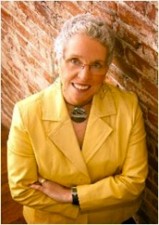
Jean R Caton MS, MBA, RD
Jean is a Business Woman’s Coach and a registered dietitian. You can read more about Jean in her Sound Bites interview.
1. Top takeaways:
Lean In has reignited the conversation about women and work. That is perhaps, its biggest achievement. Lean In is the only book I ever pre-ordered and was not disappointed when I read it. What I was disappointed in were the stories of the reality of how difficult and unfriendly the work world continues to be for women. I was also disappointed when I observed so many women criticizing Sandberg because of her wealth and privilege and therefore dismissing the book’s message – many of whom had not even read the book. “Don’t hate her because she is enormously successful.” Sadly some women still do not generously support the development and advancement of other women.
Perhaps the most striking takeaways can best be summed up in these excerpts from Lean In:
• When it comes to making decisions that most affect our world, women’s voices are not heard equally.
• Progress remains sluggish when it comes to compensation “… a dozen eggs has gone up more (1970-2010) than women’s average compensation” – Marlo Thomas.
• Men are promoted based on potential, while women are promoted based on past accomplishments – 2011 McKinsey Report.
• Women are hindered by barriers that exist within ourselves.
• We hold our ourselves back in ways both big and small by lacking self-confidence, by not raising our hands (to ask for what we want/deserve), by pulling back when we should be leaning in.
We as RD’s and as women have the choice to either complain about this situation and complain that our voice is not heard, or take action by leaning in.
2. Is the dietetics profession different?
I agree that some RDs seem to be drawn to the field simply to serve and help individuals lead a healthier life. That is incredibly valuable. But power, influence, career advancement and money need not be an either or for service professionals. Think about the MD. S/he does not abandon top jobs and salary for service.
We need RDs who strive to have their voice heard in a bigger way to land those top jobs. If that sounds like you, read this book and be relentless in your pursuit of your career dream.
3. Personal story/example:
I entered my career in the 1970’s brimming with self-confidence, first as an RD and later as a corporate climber in Fortune 500 companies. I somehow managed to succeed in this man’s world and actually loved the fast paced, results- oriented environment. I didn’t so much love some of the gender limitations but refused to let them stop me. It is so disappointing to witness the struggles women continue to have with their career advancement described in the book.
I believe everyone has the right to a personally satisfying and financially rewarding career. Although challenges and biases still exist on the road to top jobs, opportunities for women have never been greater. At times, I envy the opportunities my clients have in their pursuit of their big dreams.
4. Advice for others:
Lean In if you want to or lean out. But make it a conscious choice for your own reasons , not because of self-doubts, lack of self-confidence or not believing in yourself. Leadership roles are where RDs can have the most impact. We need more RDs in top jobs in the health and wellness industry, the food industry and everywhere. “The blunt truth is that men still run the world.” It is time for that to change and up to each of us to start today.
Women in general are often uncomfortable with the term power as it is often associated with meanings such as domination, superiority, command, authority. But power also translates into influence, impact. The more RD’s (women and men) who rise to high power, high impact top jobs in Corporate America, politics, media and the health care industry, the more effective our profession will be in getting our voices heard. Never, ever be hindered by internal barriers (stories you tell yourself) as you pursue your career goals.

On “negotiating”:
Sandberg says “Even when a woman negotiates successfully for herself, she can pay a longer-term cost in goodwill and future advancement” and “No wonder women don’t negotiate as much as men. It’s like trying to cross a minefield backward in high heels.”
Have YOU been successful in negotiations? I’ve done this and I’ve seen the pros and cons firsthand. It has been extremely fulfilling to ask for the salary I know I’m worth and then to actually receive it. But it has been disheartening to see that stride forward meant some other steps backward. Such as only receiving very minimal raises at annual review time, despite outstanding reviews, because I was “above the pay scale” for that job. Did that mean I didn’t even warrant a cost of living increase? It was kind of like being told “That’s what you get for asking for more money.” Or the time when I received a “promotion” and when I asked if it came with a pay raise, was told “No, now your title finally reflects what you’ve been getting paid all these years.” Well, that’s not a promotion that’s a title change.
On “career advice”:
Sandberg says “A jungle gym scramble” (not climbing a ladder) is the best description of her career. She shares stories about younger colleagues and students who are surprised and relieved to find that she didn’t “plan” her career path – it wasn’t “mapped out from the start.” Instead, she recommends adopting two concurrent goals: a long-term dream and an eighteen-month plan.
I love this because I, too, was relieved to discover on my own that you don’t have to have some incredible “vision” in order to succeed. Two and a half years ago when I embarked on my entrepreneurial journey – I kept feeling like I should KNOW where I was heading, but instead it felt like I was driving a car at night and could only see as far as the headlights would allow me to see. I learned over time that what I was experiencing was NORMAL – you just need to pay attention to what’s ahead and continue making the best choices you can at each turn. I often share this with my clients and those I mentor because it is so empowering. Journalist and “Your Life Calling” Ambassador Jane Pauley says it best: “Begin the journey and then the destination reveals itself,”….and…”It’s only after you’ve arrived at a conclusion that you realize how you got there.”
Another important point Sandberg makes is that women tend to worry too much about whether they possess the skills for a new role. However, this can be faulty logic because so many skills are learned by doing the job itself. She says women need to shift from thinking “I’m not ready to do that” to thinking “I want to do that – and I’ll learn by doing it.” Women are also more reluctant to seek out and apply for promotions even when deserved because they believe that good job performance will naturally lead to these types of rewards. However, if/when they don’t, then advocating for oneself becomes necessary.
This is also something I share with my clients and mentees: Don’t wait for everything to be perfect before you jump in and try something (like media, social media, public speaking, etc.)! Some of the key learning opportunities are in the experience itself.
Once again, I want to thank the wonderful women who supported me by taking the time to share their thoughts and feelings for this post. I enjoyed hearing their stories and I hope you have, too.
Be sure to check out part one where you’ll hear from dietitians Kate Scarlata, Michelle Dudash and Lisa Eaton Wright.
My final point is that, besides leaning in, you should also SPEAK UP! So if you want to continue the discussion you can join the Lean In Community at www.facebook.com/leaninorg.
You can also visit www.leanin.org for practical education and personal experiences that can help you reach your goals. Here you can explore topics critical to your success – from negotiating effectively to understanding your strengths.
So what do YOU think? Did YOU read the book yet? Do YOU Lean In? Please share your thoughts and reactions by posting a comment below or emailing me at Melissa@SoundBitesRD.com.
Related
WELCOME TO MY BLOG
Thank you for stopping by!
I’m the Guilt-Free RD – “Because food shouldn’t make you feel bad!™”. So, on my Food for Thought blog I’m sharing the secret ingredients to enjoy your food with health in mind.

Subscribe!
Sign up for my monthly newsletter and episode eblasts so you never miss an update!

